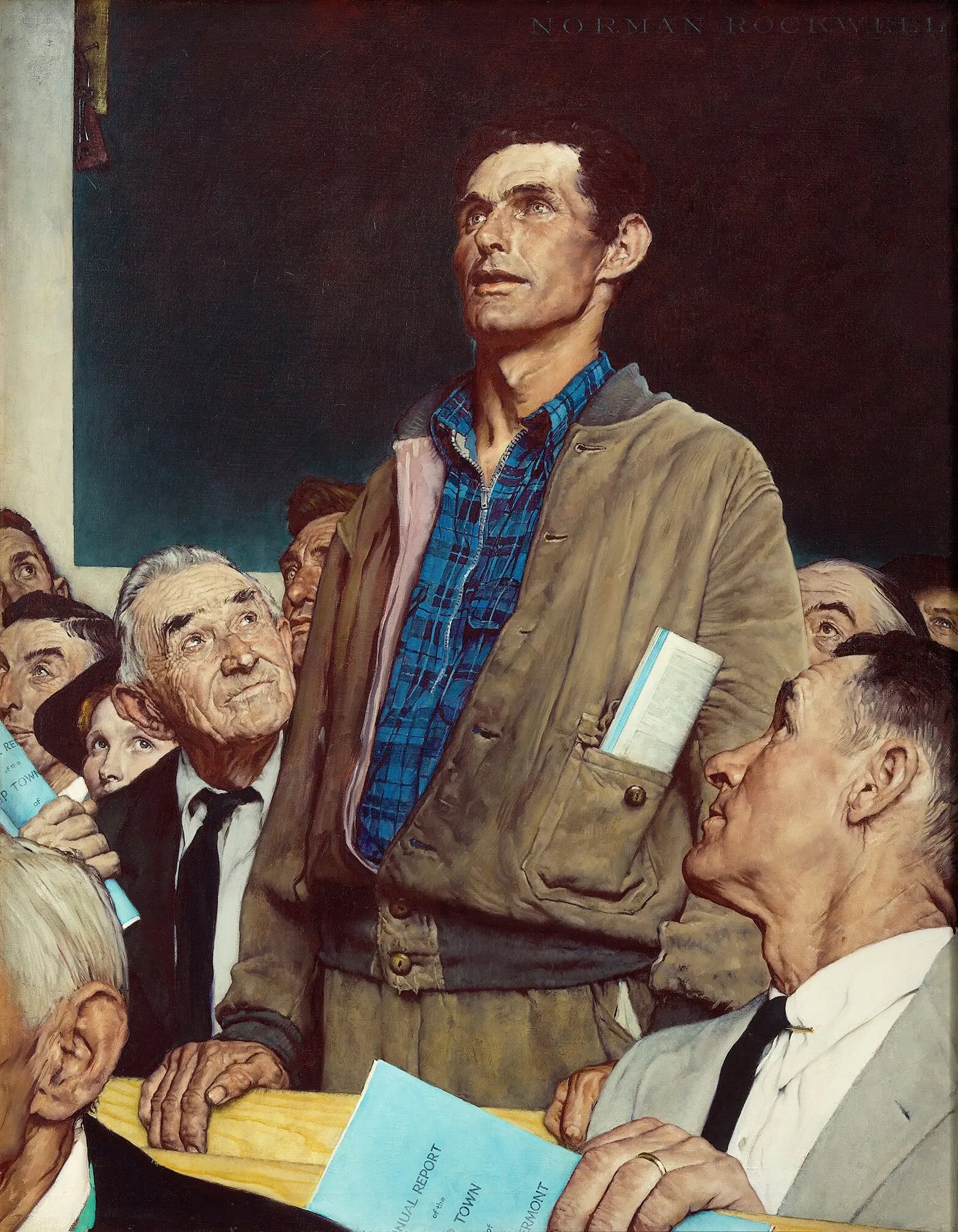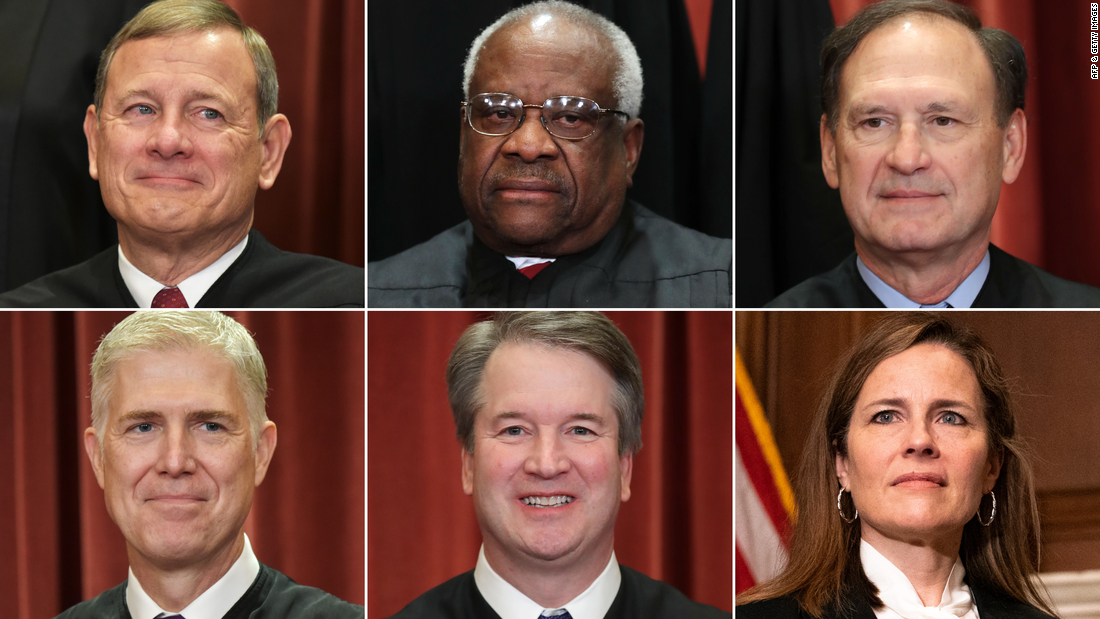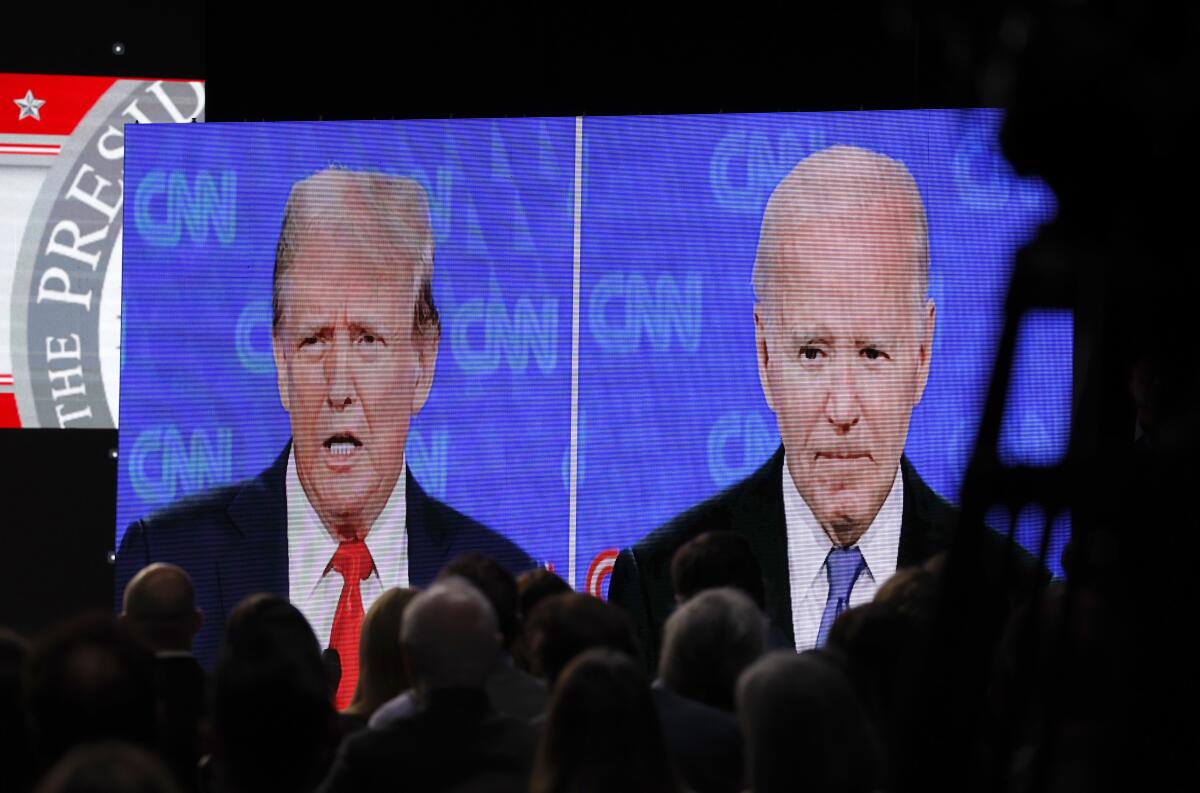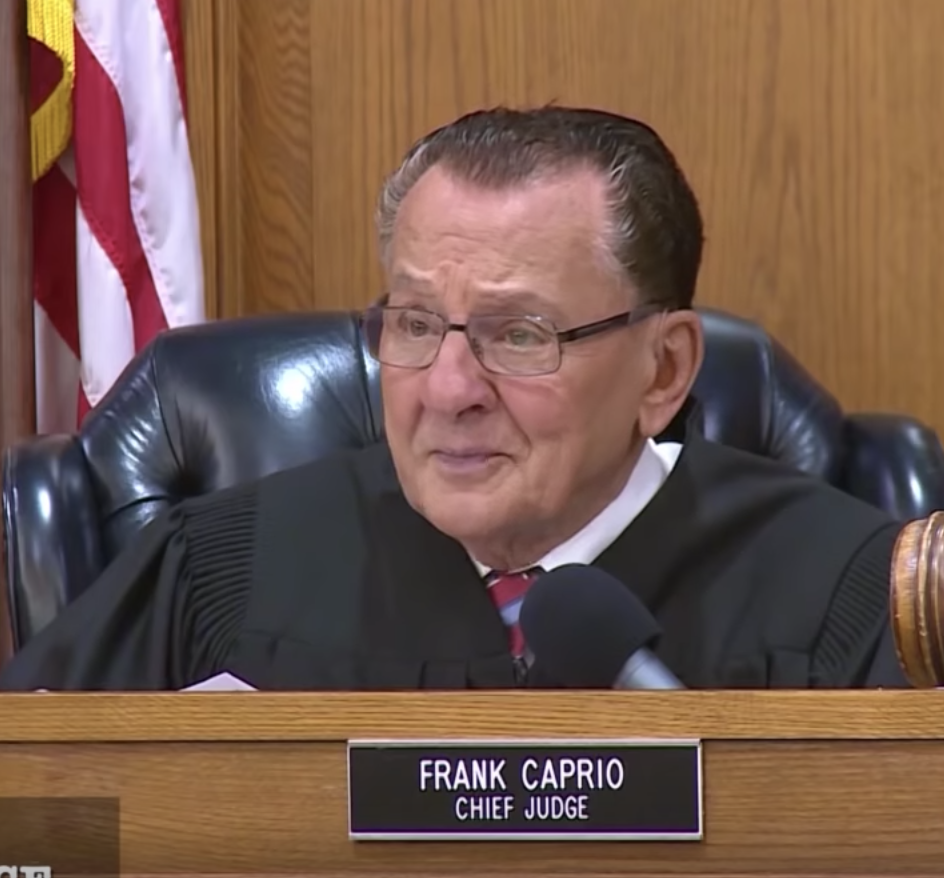Ethics is knowing the difference between what you have a right to do and what is right to do.
That quote, from former U.S. Supreme Court Justice Potter Stewart, came to mind when I read the recent decision by the current U.S. Supreme Court regarding Snyder v. Phelps. The First Amendment case had the Westboro Baptist Church appealing a lower court’s decision regarding their right to use brutal language on signs of protest outside the funeral of fallen Marine soldier Matthew Snyder.

Writing for the majority, Chief Justice John Roberts affirmed, “Speech is powerful. It can stir people to action, move them to tears of both joy and sorrow, and — as it did here — inflict great pain.” However, he continued, “we cannot react to that pain by punishing the speaker.” It is important to permit “even hurtful speech on public issues to ensure that we do not stifle public debate.”
Last October, I wrote about this case (Only About the Law?) with a summary from Supreme Court blogger Lyle Denniston: “Does the First Amendment protect protesters at a funeral from liability for intentionally inflicting emotional distress on the family of the deceased?” I then, asked readers to weigh-in on the matter.
In a follow-up (Speech v. Respect) I recorded that “Of the twelve responses I received, 9 sided with Snyder (privacy over speech); 2 stood by the Westboro Church, and 1 questioned the distance at which the protest was held, suggesting that the demonstration would be acceptable if an appropriate distance were maintained.
Of course, that depends on how you define “appropriate.” Albert Snyder, father of the fallen soldier said that he could see the tops of the protestors’ signs from the funeral site, but was not aware of what the protest was about until he watched a local news story. In response to the verdict, Snyder said it was “a sad day for our military men and women and their families.”
In issuing the ruling, Roberts said “Debate on public issues should be robust, uninhibited and wide-open,” because “speech on public issues occupies the highest rung of the hierarchy of First Amendment values.”
The case came about due to the protests at hundreds of military funerals organized by members of the Westboro Baptist Church of Topeka, Kansas. The church asserts that God is punishing the United States for its tolerance of homosexuality. In their protest, members carried signs which read, “America is Doomed” and “God Hates Fags.”
“Westboro’s funeral picketing is certainly hurtful and its contribution to public discourse may be negligible,” Roberts said. “But Westboro addressed matters of public import on public property, in a peaceful manner, in full compliance with the guidance of local officials.”
Standing alone in his dissent from the majority, Justice Samuel Alito wrote that “On the morning of Matthew Snyder’s funeral, (church members) could have chosen to stage their protest at countless locations.
“They could have picketed the United States Capitol, the White House, the Supreme Court, the Pentagon, or any of the more than 5,600 military recruiting stations in this country.
“They could have returned to the Maryland State House or the United States Naval Academy, where they had been the day before.
“They could have selected any public road where pedestrians are allowed. (There are more than 4,000,000 miles of public roads in the United States.)
“They could have staged their protest in a public park. (There are more than 20,000 public parks in this country.) They could have chosen any Catholic church where no funeral was taking place. (There are nearly 19,000 Catholic churches in the United States.) But of course, a small group picketing at any of these locations would have probably gone unnoticed.
“The Westboro Baptist Church, however, has devised a strategy that remedies this problem. As the Court notes, church members have protested at nearly 600 military funerals. They have also picketed the funerals of police officers, firefighters and the victims of natural disasters, accidents and shocking crimes.
“And in advance of these protests, they issue press releases to ensure that their protests will attract public attention. This strategy works because it is expected (the church members) verbal assaults will wound the family and friends of the deceased and because the media is irresistibly drawn to the sight of persons who are visibly in grief.
“The more outrageous the funeral protest, the more publicity the Westboro Baptist Church is able to obtain.
“In order to have a society in which public issues can be openly and vigorously debated,” Justice Alito wrote, “it is not necessary to allow the brutalization of innocent victims.”
This paralleled my own beliefs about the case. With numerous options for protest, Westboro remained capable of expressing their free speech rights. The only exception, I believe, comes when their right to speak infringes on a family’s right for respectful privacy at a time of great emotional stress.
In re-reading the decision, I still return to Justice Stewart and wonder if the other eight Justices could not have honored both speech and respect in a decision that would more clearly define and defend the right thing for us all.
Comments










